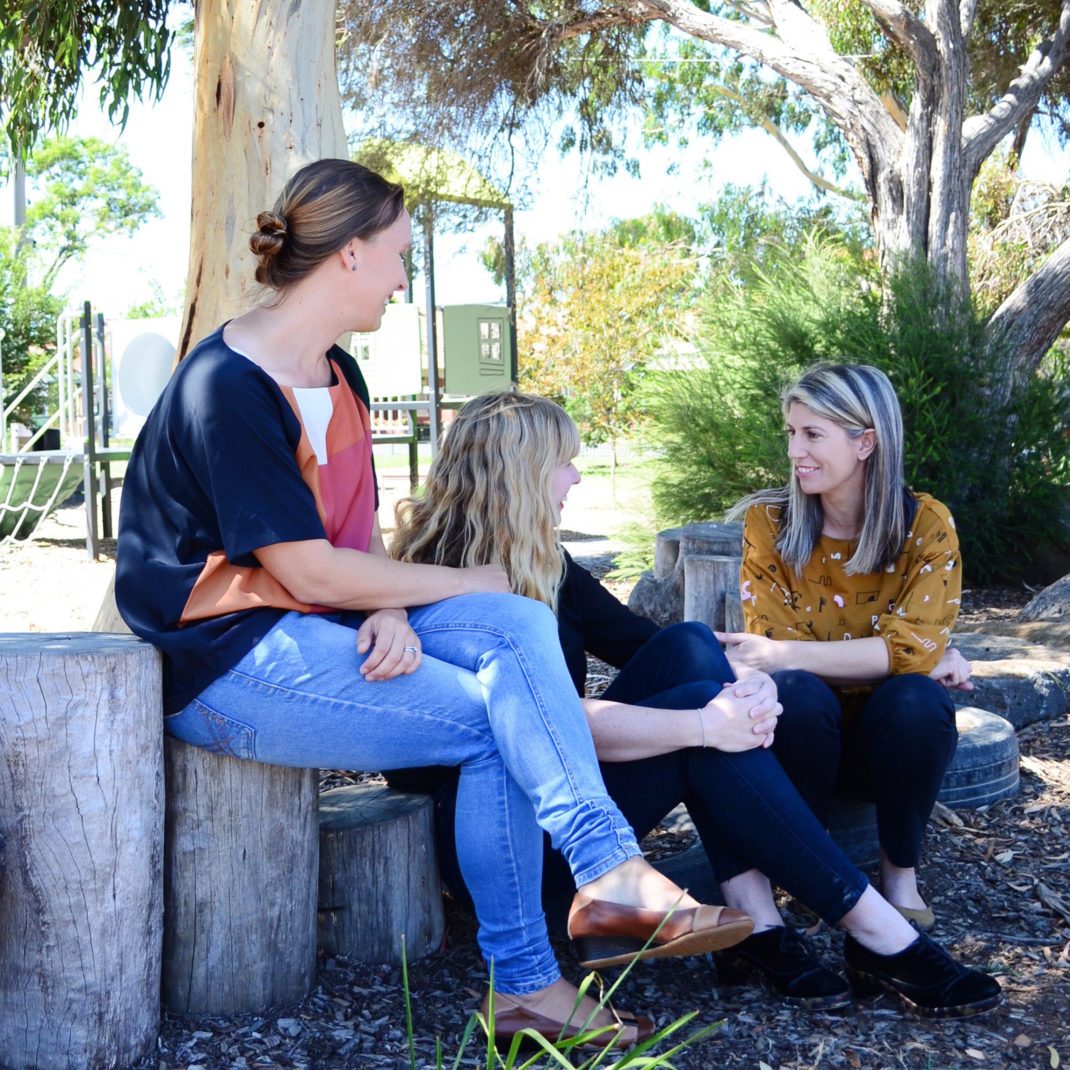Sarah James
Phone: 0410 149 909
Email: sarah@engageandgrowtherapies.com.au
Celeste Clancy
Phone: 0418 165 892
Email: celeste@engageandgrowtherapies.com.au
Anna Perry
Phone: 0422 896 004
Email: anna@engageandgrowtherapies.com.au

If you have a concern or problem with a support or service provided by us the first thing you should do is talk to one of the directors at Engage & Grow Therapies:
Celeste Clancy: 0418 165 892 / celeste@engageandgrowtherapies.com.au
Sarah James: 0410 149 909 / sarah@engageandgrowtherapies.com.au
Wherever possible our aim is to resolve your concerns or problem when you first contact us.
If you are not satisfied and would like to make a complaint, we will provide and can assist you to complete a Complaint Form. This is merely so that we can ensure we understand and have accurately collected all of the details of your complaint or your area of concern.
We will complete the following steps in regards to our complaints process:
• Provide you with an acknowledge of receipt of your complaint;
• Keep you informed of the progress of the complaint, including any action taken, the reason for any decisions made and options for review of decisions;
• Keep you involved in the resolution of the complaint.
• Advise you in writing of the decision/outcome and the reason for the decision.
If we are not able to resolve your complaint within 10 working days, we will keep you informed of our progress and how long we expect that it will take to resolve your complaint.
What to do if you are not satisfied with the outcome of your complaint
If you feel that your complaint has not been resolved to your satisfaction, we invite you to contact the Commissioner of the NDIS Quality and Safeguards Commission: 1800 035 544 (free call from landlines) or TTY 133 677
A person can make a complaint to the Commission about any issue connected with the support or services provided by an NDIS Provider. Complaints can be made orally, in writing, or by any other appropriate means and can be made anonymously. A complaint can be withdrawn at any time.
If a person makes a complaint, the Commissioner must decide what to do. The Commissioner may decide to;
-
-
Take no action, or defer taking action in some cases (for example, if the complaint was not made in good faith or there is not enough information to continue); or
-
Help the complainant and other affected people to work with the NDIS provider to resolve the complaint; or
-
Undertake a resolution process.
-
